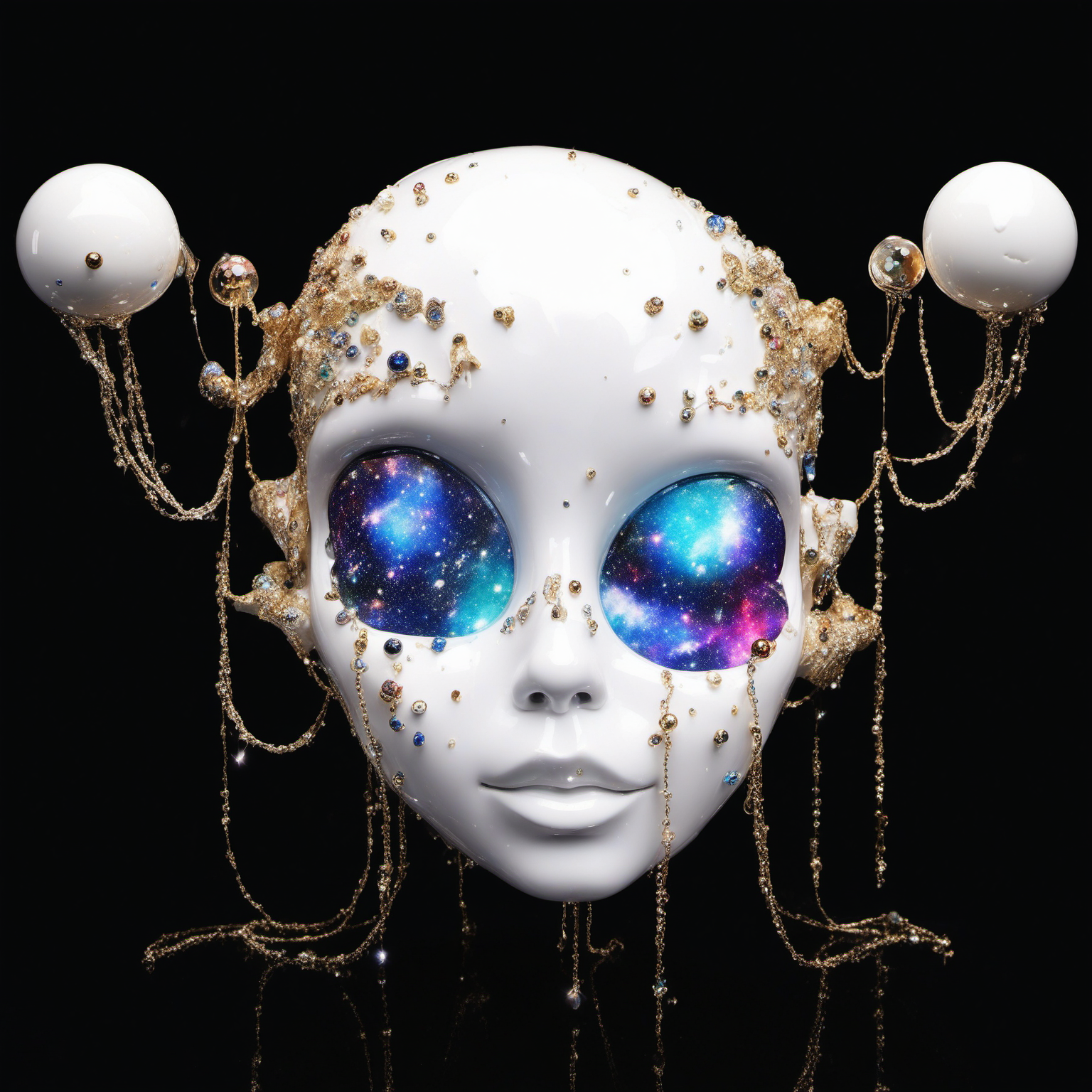I’m picturing the math as a very large set of bell curves where most people fall somewhere in the middle, but each person is likely to be an outlier on at least one.
Lay definitions of “rare” or “unlikely” tend to break down on this type of question.
If you’ve ever played chess, you’ve had an experience that’s entirely unique to you. In almost all cases, that exact game you played with the color you played in it has never in the history of the world happened to any other person. That’s a rare experience. So as phrased, the answer to your question is yes.
The underlying question could be more accurately phrased as “at least one rare experience that would be categorized by a human’s brain as a salient and simple experience indicative of further analysis to discern an underlying pattern where in fact none exists, and it’s just statistical noise,” but that’s not a mathematical enough question to be analyzable within the confines of pure statistics.
I see, and I suppose if you index it by place/time it’s even more obvious that people are always experiencing unique things in a way so it’s true but kind of vacuous?
The example that comes to mind is the Birthday Problem.
If you are in a room with 22 other people, there is a 22 in 365 chance one of them shares your birthday. Relatively unlikely. But there is a 50% chance there are two people in the room that share a birthday. Much more likely.
Very interesting, that does seem similar
I don’t have an answer to your question, but a recent radiolab was dealing with this sort of stuff. Maybe you’d be interested, it might be a bit too casual for your liking, not exactly a deep mathematics podcast.
Thanks for the rec! Not a mathematician and happy to ingest food for thought npr style.
You’re welcome, I bet you’ll like it. There was actually another math one a couple weeks ago called zeroworld, it’s about dividing by zero and stuff.



